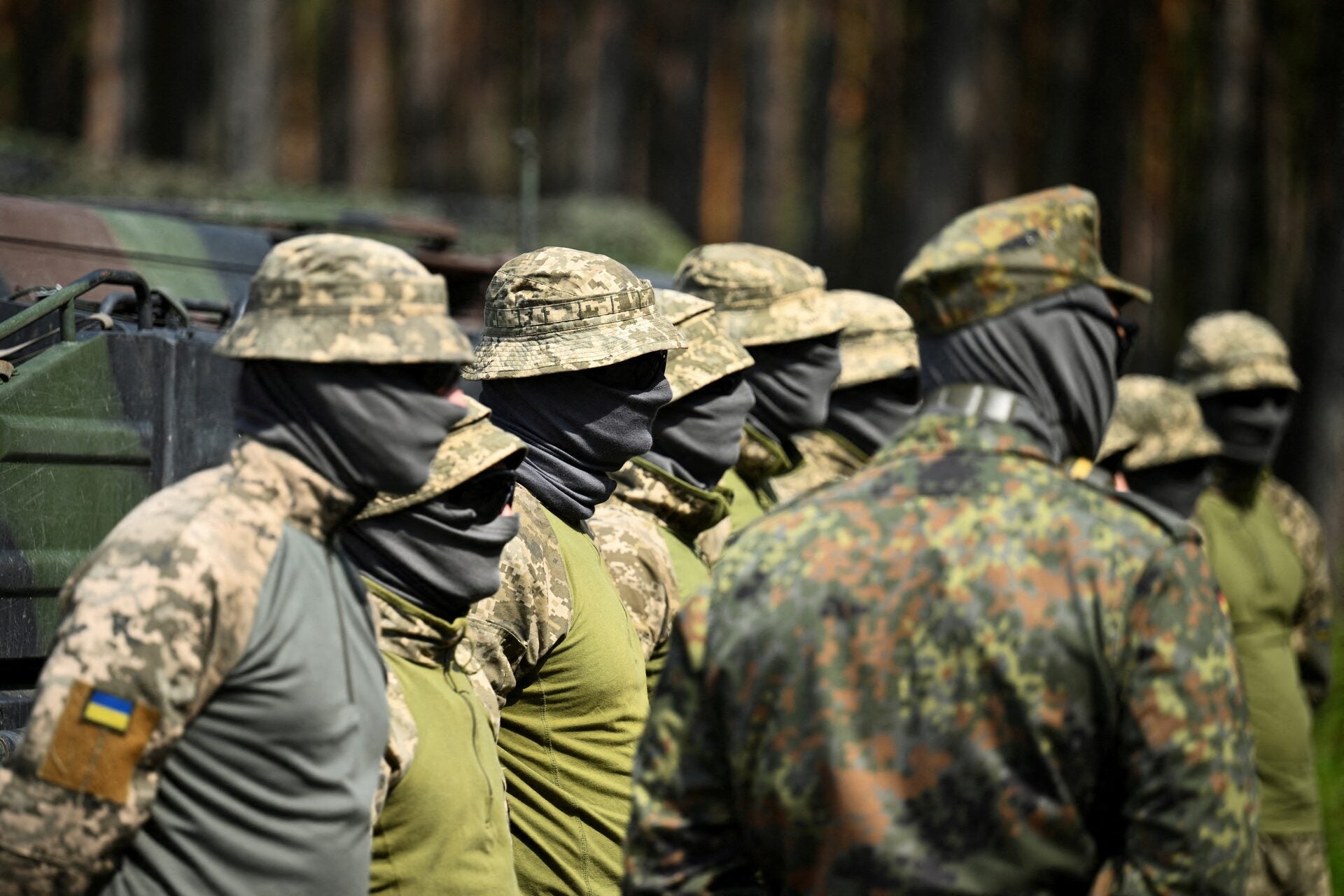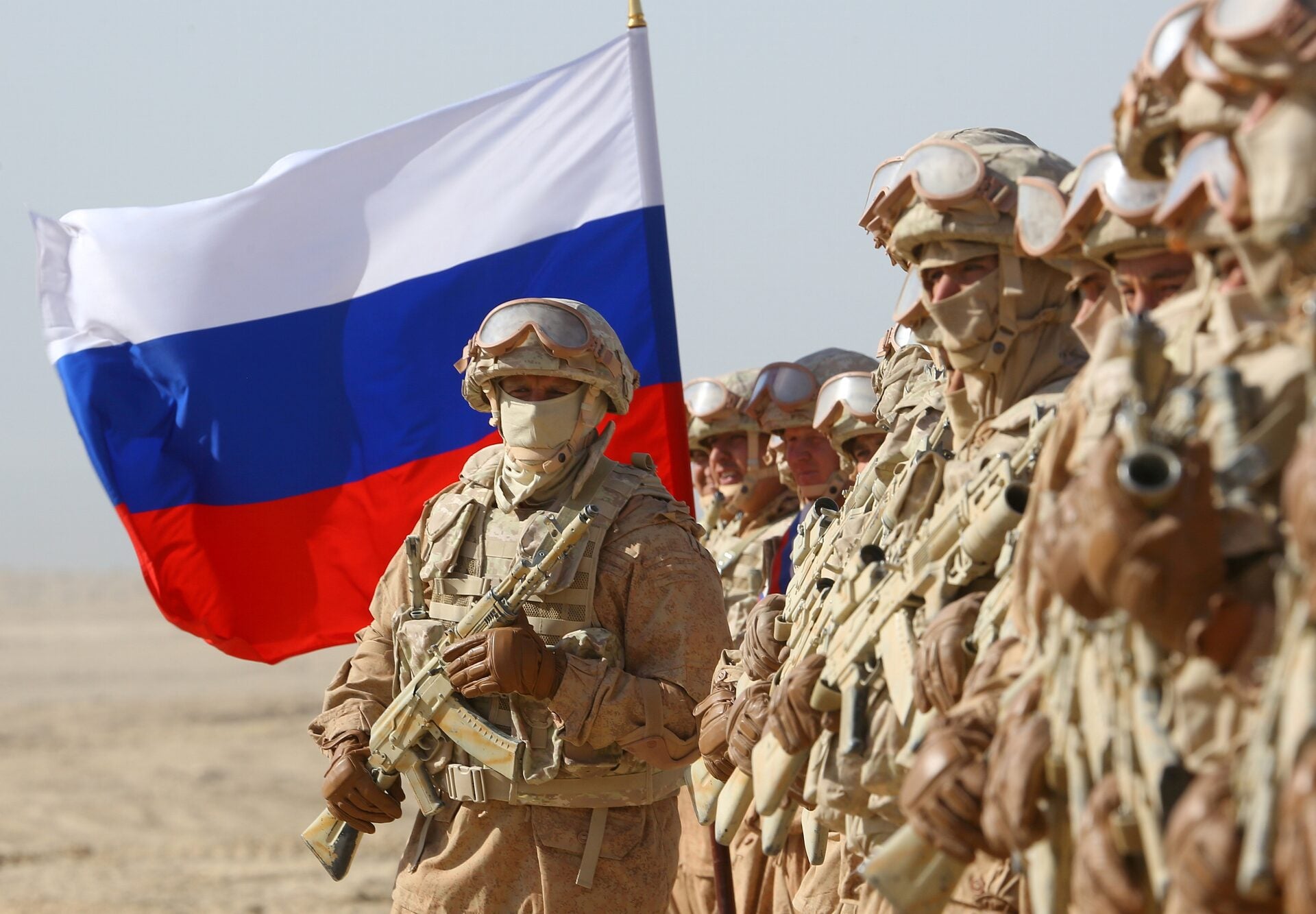
Europeans will ramp up military support for Ukraine, says German defense minister
PHOTO CAPTION: Ukrainian soldiers stand next the Marder 1A3 (SPz), an armored fighting vehicle, during a media day of the European Union Military Assistance Mission in support of Ukraine (EUMAM Ukraine) in Klietz, Germany August 17, 2023. REUTERS/Annegret Hilse
BERLIN (Reuters) -Europeans will step up military support for Ukraine, Germany's defence minister pledged on Monday after talks with his British, French, Italian and Polish counterparts on how to foster defence efforts as Donald Trump is set to return to the White House.
"Our target must be to enable Ukraine to act out of a position of strength," Boris Pistorius told reporters in Berlin after hosting a meeting of the Group of Five leading nations in European defence.
The election of Trump - who is sceptical of U.S. support for Ukraine - has added pressure on Europe to step up its role in arming Kyiv should Washington, the biggest donor so far, reduce its aid.
Meeting hours after Trump's victory, Pistorius and French Defence Minister Sebastien Lecornu had on Nov 6 agreed to call a meeting with their counterparts.
Speaking to reporters in Berlin, Polish Defence Minister Wladyslaw Kosiniak-Kamysz echoed Pistorius' pledge of more aid for Kyiv.
"Europe must coordinate its efforts more, it must harmonise its actions, it must aim higher, in order also to be a good partner for the United States," he said.
"We are obliged today to say it clearly - Europe must increase its efforts when it comes to helping Ukraine but above all... when it comes to its own security. Without higher spending, without awareness in every European society of the times we are living in, everything is nothing."
Meanwhile, a NATO mission located in Wiesbaden will take over the coordination of Western military aid for Ukraine in January, Pistorius said, a move that had been expected months earlier.
The establishment of the new mission, dubbed NATO Security Assistance and Training for Ukraine (NSATU), is widely seen as an effort to safeguard the aid mechanism against any interference by Trump.
(Reporting by Sabine Siebold in Berlin and Alan Charlish in Warsaw; editing by Ludwig Burger and Jason Neely)










